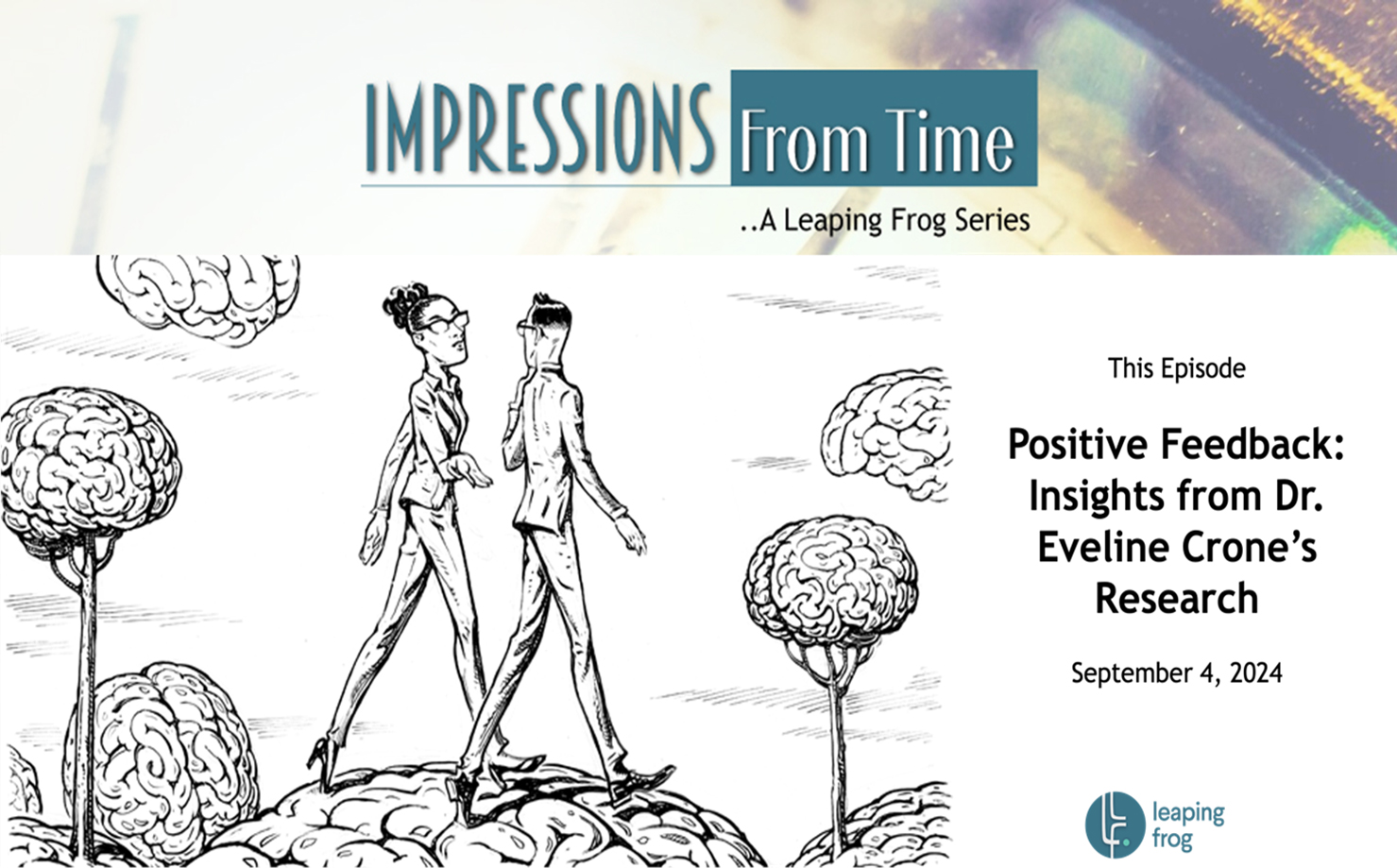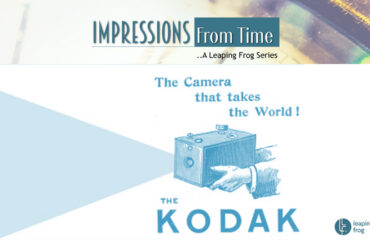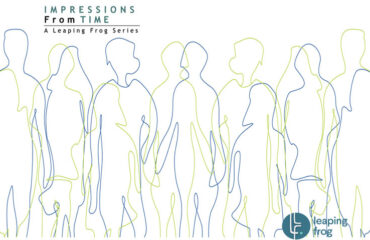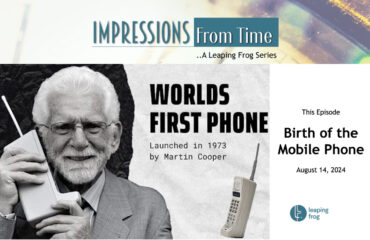
Picture Credit: https://shorturl.at/rRtxg
Feedback plays a crucial role in shaping behavior, guiding learning, and fostering development, but how it is delivered can significantly impact its effectiveness. The work of Dutch neuroscientist Dr. Eveline Crone sheds light on the profound influence that positive feedback has on adolescents’ cognitive development and learning processes. Her research offers valuable insights into why certain types of feedback are more effective than others, particularly during the critical developmental stages of adolescence.
The Experiment: Unveiling the Power of Positive Feedback
Dr. Crone’s research focuses on how the adolescent brain responds to feedback, with particular attention to the neural mechanisms that process rewards and punishments. Adolescent participants were asked to complete a series of computer-based tasks in one of her key experiments. After each task, they received either positive feedback, indicated by a tick for correct answers, or negative feedback, represented by a cross for incorrect responses. The experiment aimed to observe how different types of feedback influenced the participants’ subsequent performance.
The results were both striking and revealing. Dr. Crone found that adolescents showed a significantly stronger neural response to positive feedback than negative feedback. When they received a tick for a correct answer, their brains exhibited heightened activity in the basal ganglia, the brain region associated with reward processing and learning. This positive reinforcement motivated the participants and led to marked improvements in their performance on subsequent tasks.
On the other hand, negative feedback, such as the cross for an incorrect answer, elicited a much weaker response in the brain. The adolescents seemed less engaged and showed slight improvement when the feedback focused on their mistakes. This difference in response highlights a fundamental aspect of human psychology: we are more likely to learn and improve when we are encouraged by what we do right rather than being criticized for what we do wrong.
The Story Behind the Research
Dr. Crone’s interest in feedback and learning processes stems from her broader research into adolescent brain development. Adolescence is a period of significant cognitive and emotional growth, during which the brain undergoes extensive changes. Understanding how adolescents process feedback during this critical time can provide valuable insights into effective teaching methods, parenting strategies, and even organizational training programs.
Her research builds on the foundational work of behavioural psychologists like B.F. Skinner emphasized the role of reinforcement in learning. However, Dr. Crone’s studies go a step further by using advanced neuroimaging techniques to observe how different types of feedback are processed in the brain. This combination of behavioural analysis and neuroscience allows for a deeper understanding of why certain feedback mechanisms are more effective than others.
Feedback in Life and the Workplace
Dr. Crone’s findings have significant implications beyond the realm of adolescent psychology. In educational settings, her research suggests that teachers and educators should prioritize positive reinforcement to enhance student engagement and learning outcomes. Educators can create a more motivating and supportive learning environment by focusing on what students do well rather than solely pointing out their mistakes.
The principles of positive feedback are equally applicable in the workplace. Organizations that emphasize recognition and positive reinforcement tend to foster higher employee engagement, satisfaction, and productivity levels. Much like the adolescents in Dr. Crone’s study, employees are more likely to excel when they feel valued and appreciated for their contributions. This approach aligns with the concept of “positive organizational scholarship,” which emphasizes the role of positivity in organizational success.
Moreover, Dr. Crone’s research challenges traditional approaches to feedback, which often emphasize correcting mistakes rather than celebrating successes. While constructive criticism is essential, her findings suggest balancing it with ample positive feedback is crucial for fostering growth and improvement. This balance is essential in environments where creativity and innovation are valued, as positive reinforcement can encourage risk-taking and experimentation.
The Relevance Today: Embracing Positive Feedback
In today’s fast-paced world, where individuals and organizations constantly strive for improvement, the lessons from Dr. Crone’s research are more relevant than ever. Understanding the power of positive feedback can lead to more effective learning, robust performance, and overall satisfaction, whether in the classroom, the workplace, or in personal relationships.
By focusing on what’s going well, we can create environments that encourage growth and foster a sense of fulfillment and motivation. Dr. Crone’s work reminds us that while it’s important to address areas of improvement, celebrating successes and providing positive reinforcement is equally, if not more, essential for driving progress and achieving our goals.
……………………………………………………………………………………………………………………………………
“Impressions From Time” is a curated series from Leaping Frog about stories from the past that have helped shape modern-day practices in the people and organisation domain.
Leaping Frog, a new-age consulting firm, is an enabler and co-creator in enhancing people and organisational effectiveness. We love doing work in the areas of “Driving Organisational Change and Development”, “HR Systems and Talent Strategy”, and “Leadership and Life Coaching”.
Connect and share, for work and more.
Mail: comm@leapingfrog.in
Website: www.leapingfrog.in
Follow Us: https://lnkd.in/d7TQbsia




